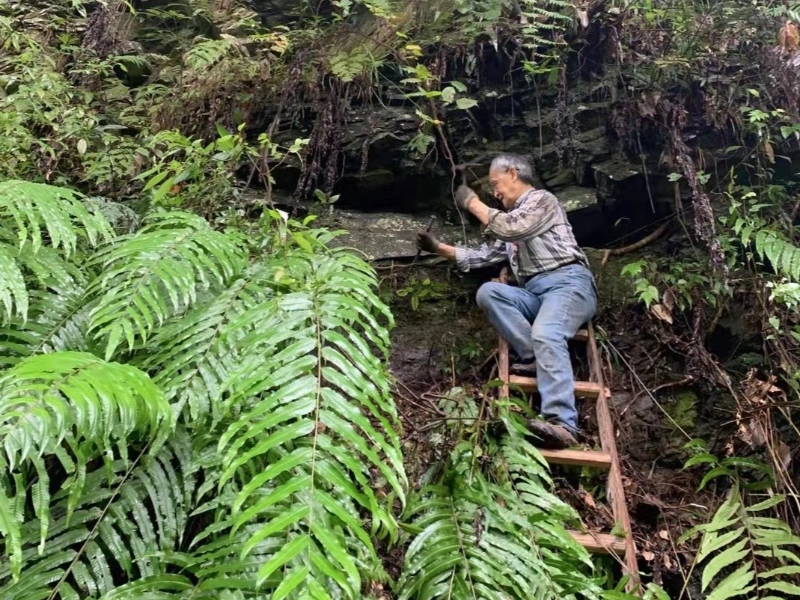Advertisement
Travel through time with us to discover the mysterious realm of ancient woodlands and prehistoric vegetation. This paper explores the intriguing field of early Earth's flora and reveals the mysteries of long-extinct species and the development of plant life. From towering tree ferns to unusual seed ferns, learn how these ancient plants formed our globe and set the stage for contemporary ecosystems.
1. The Dawn of Plant Life on Earth

Beginning almost 3 billion years ago with the arrival of basic, single-celled creatures in the primordial oceans, the narrative of plant life on Earth unfolds. Pioneers of plant evolution, these early photosynthetic living forms were cyanobacteria. Their oxygen-generating byproducts from photosynthesis progressively changed the Earth's atmosphere as they proliferated in the ancient seas. Often called the Great Oxygenation Event, this turning point in Earth's history prepared the ground for the development of increasingly intricate plant life.
These basic creatures developed and diversified over millions of years, finally producing multicellular algae. Though they were still limited to aquatic habitats, these early plants marked a major evolutionary advance. Some of these algae started to adapt to life at the water's edge, building basic structures that would let them survive for fleeting times out of the sea. This signalled the start of the process of plant-based land conquest, which would fundamentally change the appearance of Earth.
Early plants found great difficulty moving from water to land. To survive in the hostile terrestrial environment, they had to create fresh plans including means to stop water loss, assist their own weight, and reproduce without the buoyancy of water. Small, basic, and devoid of many of the characteristics we would connect with contemporary plants, the first land plants emerged during the Ordovician epoch about 470 million years ago But these modest origins set the stage for the amazing variety of plant life to come.
